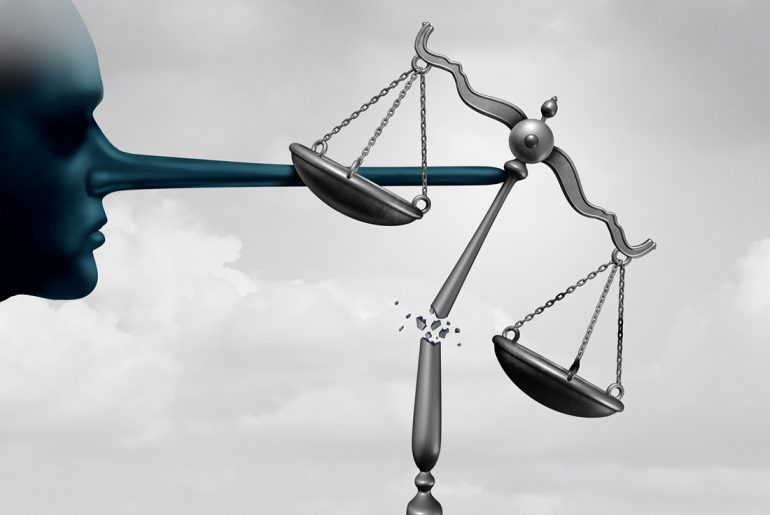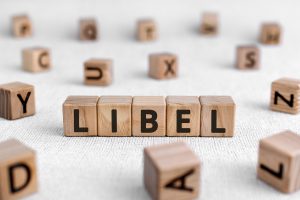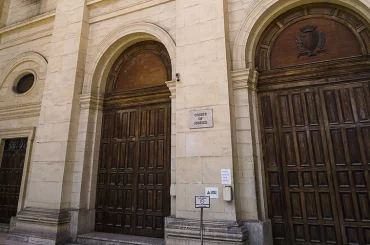The so-called Committee of Experts convened by the government to give its feedback on measures that are “part of the Government’s holistic plan to strengthen journalism”, as the government hyped it, won’t have much work to do other than putting some shape and gloss on token measures already decided.
It is a committee of 8 members for 6 measures, with three of those measures involving tweakings in law so minor they can be done in a desk exercise that would take a retired judge less than a day to accomplish.
These three are ceasing libel proceedings if a journalist being sued dies in the course of the case, an amendment to an article (clause) in the Constitution to enhance journalists’ importance in the democratic order, and waiving court fees for journalists in libel suits for as long as the journalist does not lose the case.
This third point is such a minor amendment, that requiring a committee of experts to examine it is derisible.
Libel law does indeed need to be reformed because the odds at the moment are stacked against investigative journalists – I am talking about investigative journalists to make the distinction from what we may call reporters.
The tokenism of this measure can be seen in the fact that court fees in libel suits are relatively small in any case.
The reason why libel law is stifling is not due to court fees, or due to the fact that heirs of journalists who die in course of proceedings inherit the cases.
The reason is because the law places the onus to prove the truth or factualness of what is published or broadcast on the journalist. In other words, it is the journalist who has to prove to the court that what he wrote or broadcast is factually correct.
Yet a journalist has to simultaneously protect his sources, and this overriding consideration means that the journalist may have evidence in hand that cannot be used if it leads to a source being outed or identified.
Of course the journalist – defendant in the case – can summon the plaintiff (who would have filed the libel suit) to testify and attempt to wring out the facts through testimony and subpoena of documents. But this becomes a cat-and-mouse game, or a game of chess, with its outcome highly unpredictable.
For these reasons, the libel law is tilted against investigative journalism. And investigative journalists find themselves constrained by the part of the evidence (that did not come from anonymous sources) that they can produce in court. Any article that has to rely on evidence or information sourced from an anonymous source becomes risky, and, if it goes court, it becomes a complex and unpredictable game of chess.
It’s this element of libel law that requires reform: to create equilibrium in the burden of evidence between the parties. This can be done for example by amending the law to oblige the plaintiff – or person filing for libel – to produce a threshold of evidence at the outset that shows that the publication and broadcast was false. Once this threshold is achieved, then the burden of evidence on truthfulness of the reportage or fair reporting would shift onto the journalist.
That would create a more level playing field in libel law.
Another element that can be introduced in libel law is a clause that could give a journalist the possibility of suing in the event that the libel suit would have been vexatious.
Perhaps the Committee of Expert can find it in themselves to go beyond the measures in front of them, and put these other measures in their report and insist on them.
Now that would strengthen journalism.







